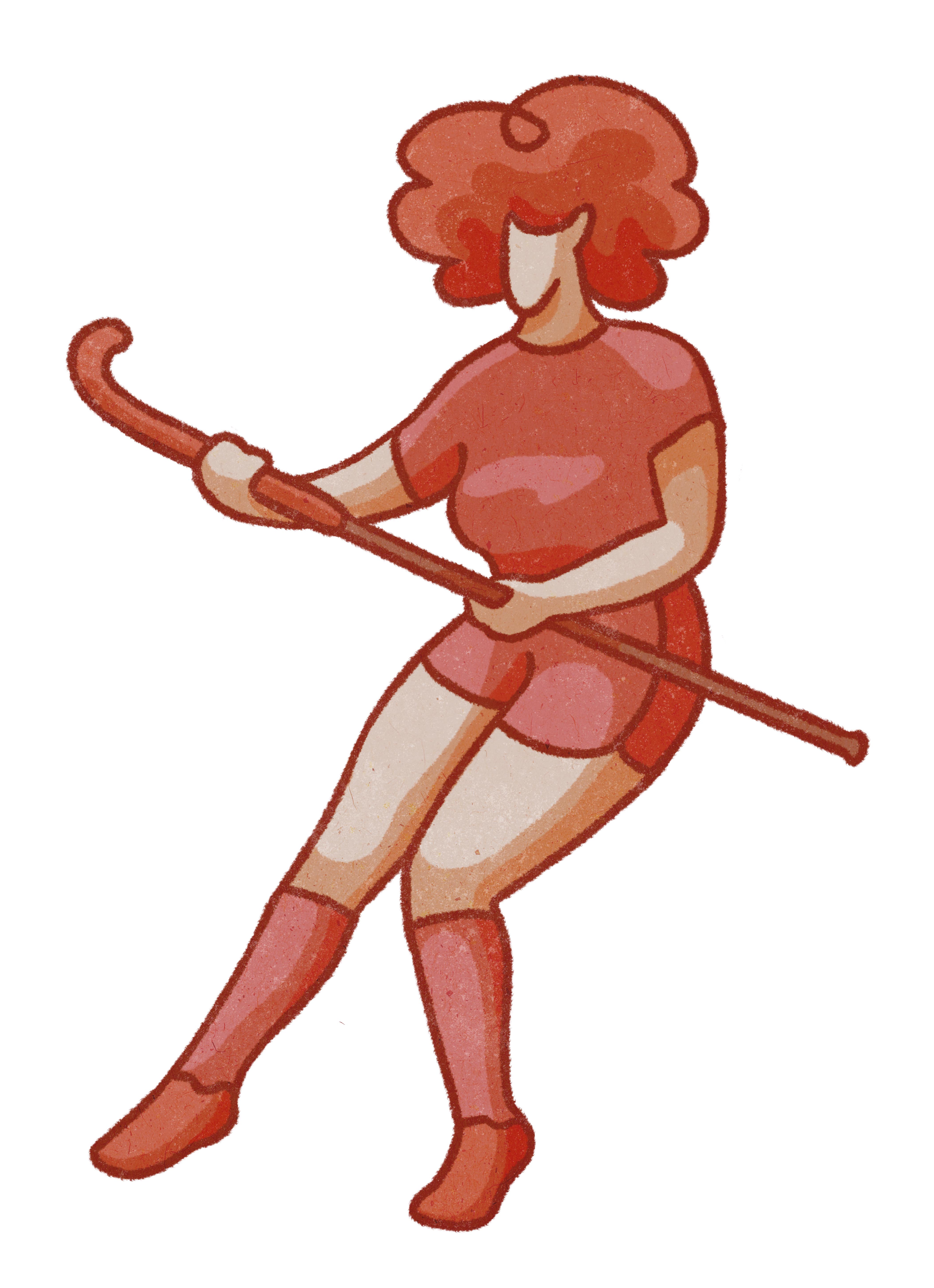It has been roughly a month since the NCAA announced the groundbreaking decision that student athletes can now make money off of their NIL (name, image and likeness) and not lose their eligibility in the process. Despite some controversy, many teams and players have taken opportunities to make a dollar on July 1. Here are a few teams and players that have put their NIL in effect.
The University of Central Florida women’s basketball team made history by becoming the first college team to have a sponsor in the NIL era. College H.U.N.K.S is a moving company that has agreed to sponsor the whole women’s basketball team—and all the student athletes have to do is represent and promote their brand. The student athletes will be given an upfront payment of $500 each for promoting College H.U.N.K.S. on social media.
The deals that schools make with companies can also be a huge factor in attempting to recruit new players. This opportunity can rival other large women’s basketball programs like Stanford and South Carolina. Back in 2017, a football kicker from the University of Central Florida, the same university that became the first school to have an NIL sponsor, had a conflict with the NCAA that made him choose between making money off of his YouTube channel or keeping his NCAA football scholarship. He chose the channel over the scholarship.
Built Brands, founded in 2018, is a Utah-based company that makes protein snacks. The Brigham Young University football team in Provo, Utah has been the most recent team to have their 123 athletes given an opportunity to get paid by promoting Build Brands. Players on scholarships can earn up to $1,000 while walk-on players, the 36 players who aren’t on scholarship, can be paid up to $3,000 to $6,000 a semester—the equivalent of tuition at BYU. Walk-ons must make two appearances at company events and promote them on social media, but all BYU football athletes must wear the company logo on their practice helmets.
A peculiar rule when using your NIL is that you cannot represent your school’s logo when sponsoring a product. For example, Clemson University Quarterback D.J. Uiagalelei partnered with soda brand Dr. Pepper, and is set to be in their newest college football-themed commercials during the fall season. Instead of representing the iconic orange and purple colors and logo of Clemson, he’ll be wearing reddish-brown, familiar to the Dr. Pepper brand he is representing.
University of Michigan basketball player Hunter Dickinson says this rule is restrictive, along with other NIL rules. The University of North Carolina (UNC), along with other schools, are starting to change rules banning use of university logos on athletes while advertising—unlike Michigan. Players at UNC can make money when someone buys a jersey with their name on it or wears their uniform with sponsorship deals, though the athletes would be paid by third parties because UNC cannot pay their players outright.
Overtime, a sports network with an extensive social media presence, plans to take advantage of NIL in a more modern way. Overtime wants to be a content partner with their student athletes, like the role of a social media influencer with a creator studio. The athletes will start off with a standard talent fee—based on the athlete’s following and social media presence—and then how much the company is expected to make. Potentially, the student athletes could make more money off of merchandise and longer-term relationships. Ceyair Wright, a football player for University of Southern California, will host a new Overtime show called Dual Threat about Wright’s last moments in high school preparing to star in the 2021 movie Space Jam: A New Legacy.
The star point guard for the University of Connecticut Huskies, Paige Bueckers, is projected to make an easy $1 million dollars per year by trademarking the nickname “Paige Buckets.” She filed a trademark application on July 13—and the potential trademarked name will be on shirts, footwear, caps and athletic apparel. Bueckers has a massive following on Instagram with nearly 1 million followers, and can use that following to her advantage.
This was only the first month of the NIL rule that the NCAA allowed. Things can and will change. All schools may potentially let students represent them when sponsoring a product. NIL could be beneficial to student athletes like Paige Bueckers because women in sports don’t always get the recognition they deserve. Companies sponsoring whole schools is a clever rule that Central Florida and Brigham Young took advantage of that allows all student athletes in that program an opportunity to get paid, while potentially paying off tuition for walk-on players. It should be interesting to see where this goes as this new rule continues to go into effect and give opportunities to players that deserve it.





